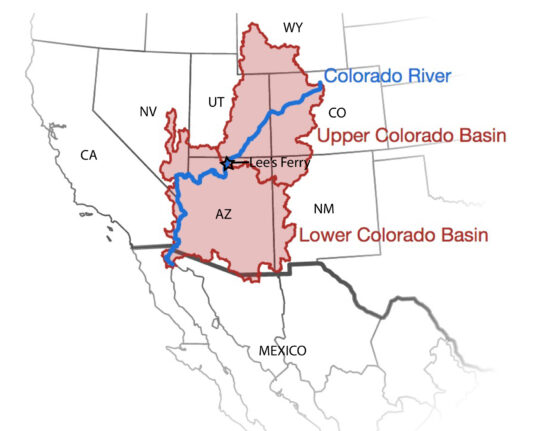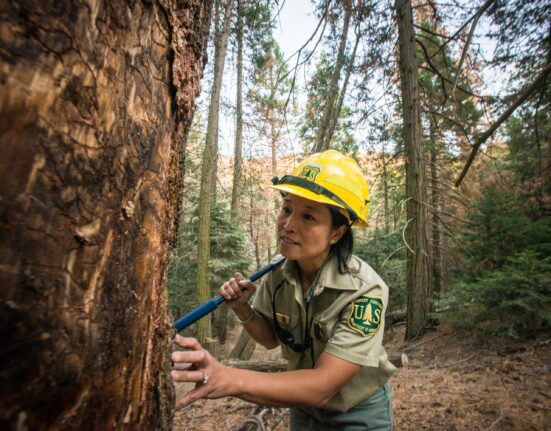Sara Kehaulani Goo, a Native Hawaiian, received a daunting email from her father in 2019 while sitting at her kitchen table in Washington, D.C. It was revealed that the property taxes for their family’s land in Hāna had skyrocketed by 500%. The message mentioned the possibility of selling the land if they couldn’t meet the tax demands. This alarming news stirred something deep within Sara, igniting a fierce determination to protect her family’s heritage.
In her poignant memoir titled “Kuleana,
” which encapsulates both “
privilege” and “responsibility
” in Hawaiian culture, Sara chronicles the arduous journey she embarked on alongside her relatives to challenge the unjust tax hike and safeguard their ancestral property. Beyond merely recounting a tax predicament in Hawai’i, “
Kuleana
” delves into broader themes of Indigenous identity reclamation amidst ongoing colonial injustices that have ravaged Hawaiʻi’s landscape and food security.
As Sara reflects on the pivotal moment when she realized the gravity of the situation, she shares, “It could be the end of the line… I very much did not want that to end with me.”
Her sense of duty transcended personal wealth; it became a mission for future generations. The looming threat highlighted not just financial concerns but also a deeper yearning to reconnect with roots severed by time and distance.
The narrative expands beyond individual struggles as Sara prompts readers to ponder their roles in preserving cultural heritage and environmental sustainability. She challenges us to contemplate our responsibilities towards Hawaiʻi in light of historical land dispossession that has jeopardized local autonomy and self-sufficiency. Through Sara’s lens, we witness how Indigenous communities bear witness to climate change impacts exacerbated by centuries-old injustices.
Unpacking the intricate relationship between Indigenous land stewardship and climate crisis, Sara underscores Hawaiians’ traditional ethos of kuleana as more than mere obligation but an ethos encompassing respect and reciprocity with nature. She advocates for revisiting ancient sustainability practices embedded in Hawaiian culture as potent solutions for contemporary environmental challenges facing modern society.
Looking beyond personal narratives, Sara sheds light on systemic issues plaguing Hawai’i—economic disparities, housing crises, and cultural displacement affecting Native communities while catering to affluent tourists’ needs. By unraveling uncomfortable truths about ongoing colonization legacies shaping present-day realities in Hawai’i, she urges readers to confront inconvenient truths often glossed over amid idyllic vacation imagery.
Reflecting on bureaucratic hurdles encountered during her battle against escalating property taxes, Sara unveils an unsettling reality familiar to many Indigenous groups—a perpetual struggle against opaque institutions wielding power over ancestral lands. The enduring fight symbolizes a generational saga marked by resilience against faceless adversaries intent on erasing histories etched into landscapes.
Offering insights into reclaiming cultural pride amidst societal pressures diluting indigenous identities, Sara imparts wisdom gained through hula—a profound connection fostering groundedness despite diasporic challenges faced by future generations navigating cultural complexities. Her journey exemplifies perseverance rooted in nurturing cultural legacies that transcend geographical distances bridging past with present hopes for an authentic resurgence.
As we navigate complex paths intersecting heritage preservation with contemporary realities shaped by globalization’s tumultuous tides confronting indigenous peoples worldwide., “Kuleana” serves as a compelling beacon illuminating pathways towards collective healing and empowerment grounded in honoring ancestral legacies passed down through generations—all while inviting readers into introspective journeys mirroring quests for belonging amid evolving landscapes.









Leave feedback about this